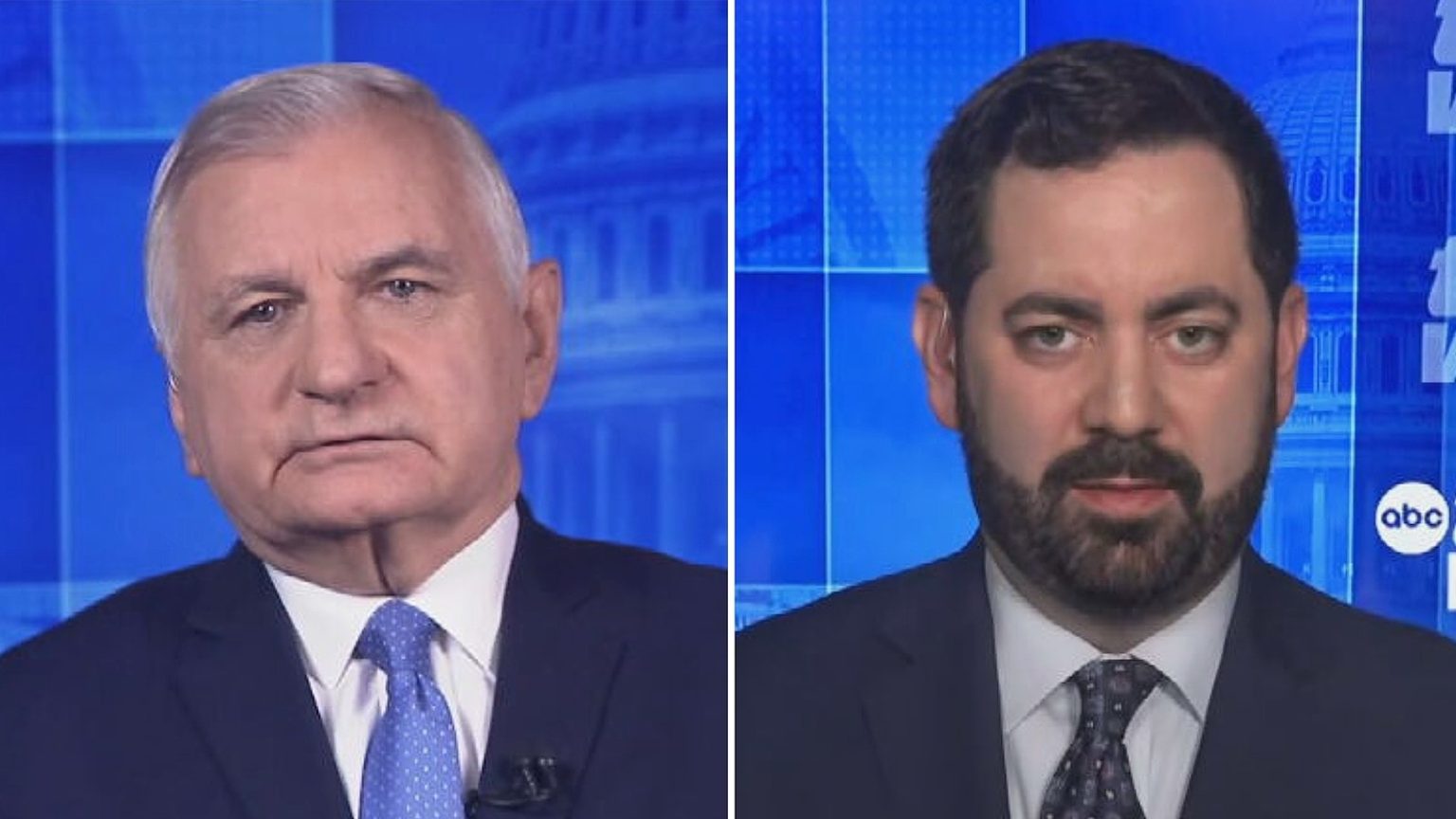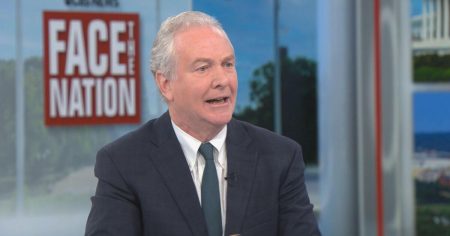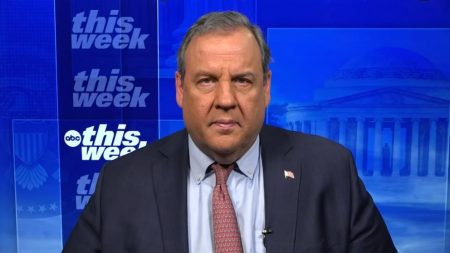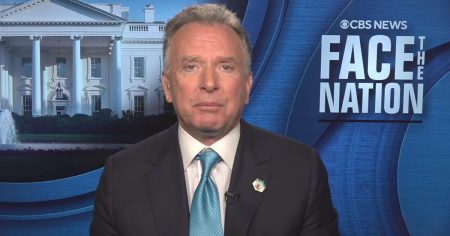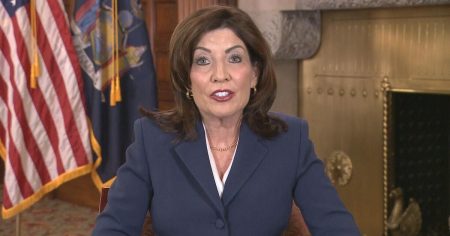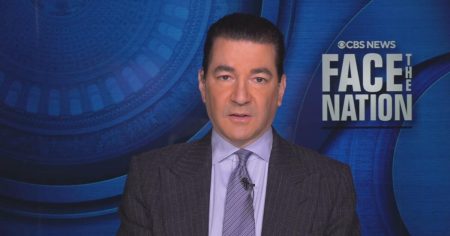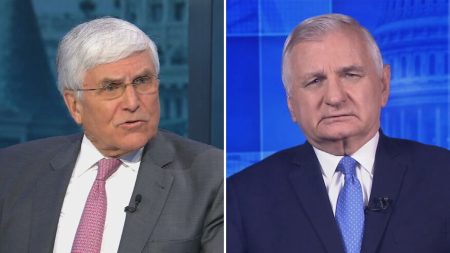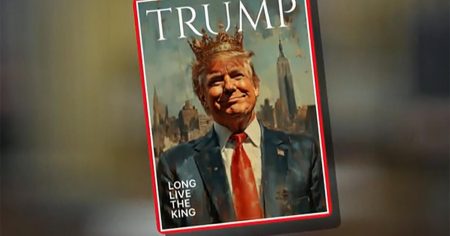The Growing Tensions Between the U.S. and Russia Over Ukraine
In a recent interview on ABC News’ This Week, Democratic Senator Jack Reed expressed strong criticism of President Donald Trump’s recent verbal attacks on Ukrainian President Volodymyr Zelenskyy and his increasing alignment with Russia. Reed accused Trump of "surrendering to the Russians," stating that the president’s actions and rhetoric show a clear admiration for Russian President Vladimir Putin. "This is not a statesman or a diplomat," Reed said. "This is just someone who admires Putin, does not believe in the struggle of the Ukrainians, and is committed to cozying up to an autocrat." Reed emphasized that Trump’s recent statements about Ukraine were "generally misleading or completely false," suggesting that the president has "no real intention to engage the Ukrainian government to find out what they need" in negotiations with Russia.
Reed also highlighted the importance of maintaining open and vigorous dialogue between the U.S. and Ukraine to understand their needs and priorities in any potential negotiations with Russia. "I’d be more confident in that suggestion if there was a vigorous dialogue between the Ukrainians and the United States with respect to these negotiations, that we understood where their lines are, et cetera. That apparently has not happened," he said. Reed stressed that resolving the war in Ukraine requires clear communication to Russia that the U.S. will take their actions in Ukraine very seriously. He advocated for maintaining pressure on Russia while pursuing negotiations that include Ukraine, not exclude them. "And then with this pressure, hopefully, Putin will decide that the cost is too great to continue this effort," Reed said.
Later in the program, Republican Representative Mike Lawler also weighed in on the situation, calling Russian President Vladimir Putin "a vile dictator and thug" who is "clearly responsible for the war in Ukraine." Lawler criticized Trump’s recent false assertion that Zelenskyy started the war, which Lawler described as "Russian disinformation." However, Lawler also expressed disagreement with Zelenskyy’s public criticism of Trump, stating that such public back-and-forth does not help Ukraine’s cause. "What I would say is this, it does not behoove either side to have this public back and forth," Lawler said. He suggested that Zelenskyy should instead focus on working with the Trump administration, particularly on economic cooperation.
Lawler also warned about the broader threat posed by Russia, China, and Iran, which he said are working together to undermine and destabilize the U.S., Europe, Israel, and the free world. He emphasized the need for the U.S. to be "clear-eyed" about these adversaries, stating that they are "not our allies or our friends." While Lawler did not agree with Trump’s rhetoric about Zelenskyy, he seemed to align with the president in his belief that Ukraine needs to work more closely with the U.S. administration, especially on economic fronts.
The interviews highlight the sharp divisions within the U.S. government over how to approach the Ukraine-Russia conflict. While both Reed and Lawler agree that Putin is responsible for the war and that Russia poses a significant threat, they differ in their assessments of Trump’s handling of the situation. Reed views Trump’s actions as a dangerous surrender to Russian interests, while Lawler, though critical of Trump’s rhetoric, seems more willing to give the administration the benefit of the doubt in its dealings with Ukraine.
Ultimately, the clash between these perspectives underscores the complex and delicate nature of U.S. foreign policy in the region. As the war in Ukraine continues, the ability of the U.S. to maintain a unified and effective approach will be crucial in determining the outcome of the conflict. Both lawmakers, despite their differences, agree that the U.S. must remain a strong and reliable partner for Ukraine while





